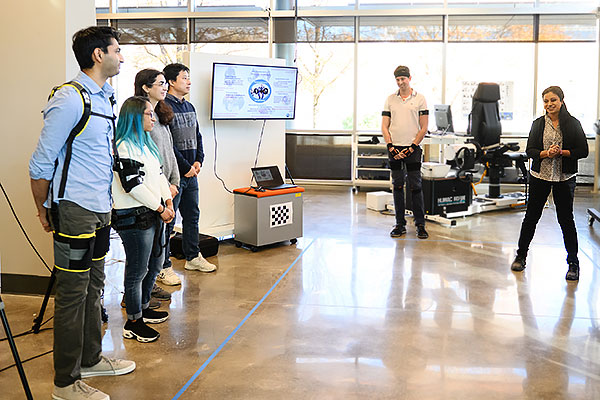Labs and Facilities
Technology-Driven Research
The Department of Industrial Engineering serves the State of South Carolina and the nation through teaching, research, and outreach in the discipline of industrial engineering. A particular focus is on the discovery and application of knowledge in four main information technology-driven emphasis areas. There are currently six main research laboratories on campus. Helmed by faculty members, graduate and undergraduate students can request to assist in the research.
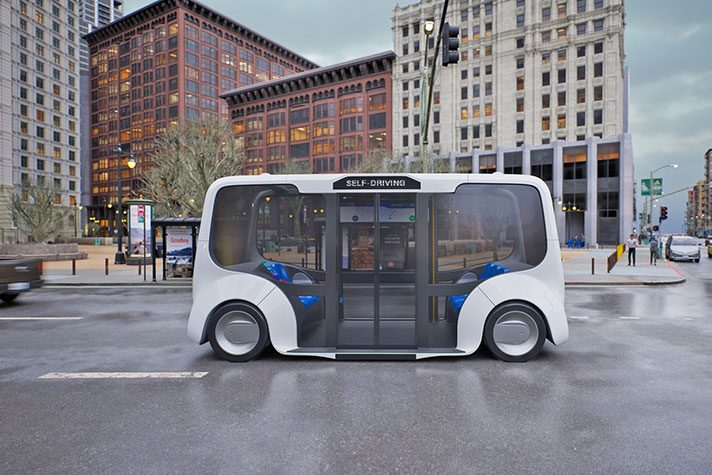
Apex Lab
Adaptive Performance in Complex Systems Lab research involves methods to learn about evolving patterns of adaptation in complex sociotechnical systems, such as healthcare and education. Actionable insights from such learning are used to inform the design of policies, workflows, and interfaces for resilient performance.
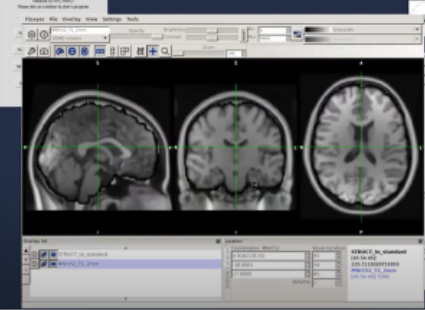
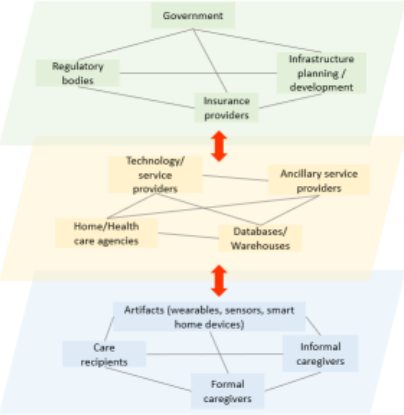 Research Areas
Research Areas
- Healthcare
- Resilience engineering
- Cognitive systems engineering
- Design for adaptive performance
Contact Information: Sudeep Hegde
BEST Lab
The Biomechanics, Ergonomics, Safety, and Training Lab at Clemson University broadly focuses on basic and applied research in biomechanics and physical ergonomics to enhance human health, performance, and safety in a variety of settings. Research focus is on biomechanics and movement control of the human body, with broad applications to ergonomics and workplace interventions to promote health, safety, and performance.
Research Areas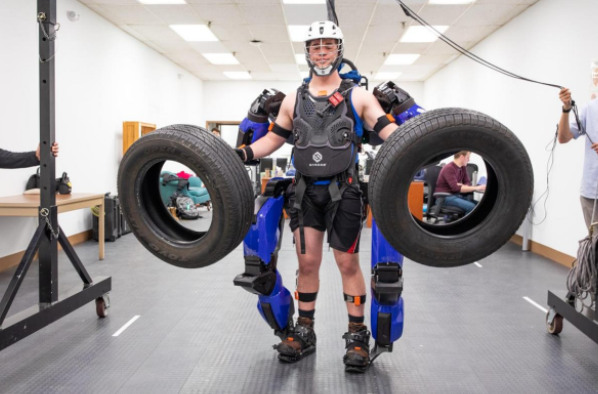
- Occupational biomechanics
- Physical ergonomics
- Movement control
- Human performance assessments
- Work physiology and fatigue
Contact Information: Divya Srinivasan
DIAL
The Decision Intelligence & Analytics Lab is a multidisciplinary research group at Clemson University. We focus on exploring the mathematical foundations (optimization and statistics) that comprise prescriptive analytics. Recent applications include devising efficient and fair algorithms for digital supply chains, designing reliable infrastructure for connected and automated vehicles, and enhancing AI-human systems.
Research Areas 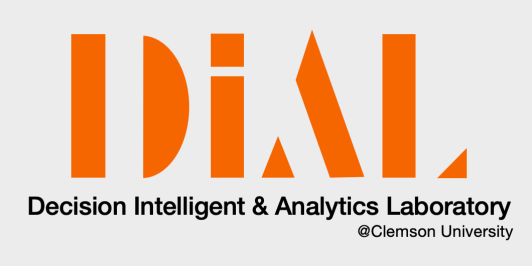
- Emerging mobility systems
- Supply chain management
- Personalized healthcare services
Contact Information: Qi Luo
EASt Lab
The Ergonomics and Applied Statistics (EASt) Lab focuses on human factors applications in health care. The lab analyzes operators’ behaviors and performance in complex systems and situations, develops models that evaluate human factors issues and strategies for improving health and healthcare systems, and quantifies the effect of technology-based tools on behavior and performance in healthcare.
Research Areas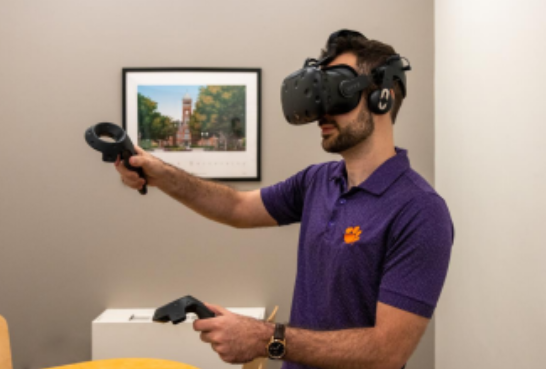
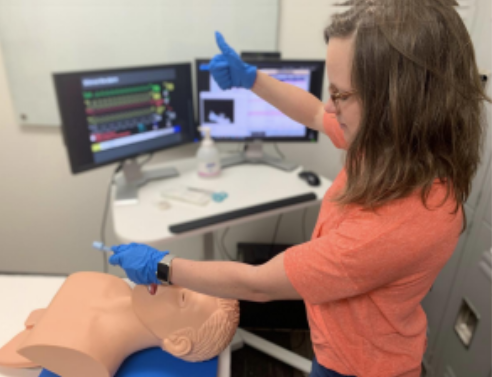
- Healthcare systems
- Health-related technology
- Patient safety and patient experience
Contact information: David Neyens
ECHO Lab
The goal of Ergonomics and Computational Human Operations Lab is to improve the lives of professionals by leveraging novel technologies to enhance their performance; therefore, their interactions with others and society. We aim to measure data from humans to develop models to assess skills and implement interventions to improve teams’ performance, particularly in healthcare environments.
Research Areas
- Digital Health
- Behavior and physiology modeling
- Training interventions
- Individual and team skills performance assessment
Contact Information: Jackie Cha
HSIL
The mission of the Human Systems Integration Laboratory (HSIL) is to improve the design of human-computer systems. The laboratory applies user-centered design methodologies to develop and refine human-computer systems for a variety of applications within the production and service sectors, including information and knowledge management, collaborative design, quality and process improvement, and education and training.
Research Areas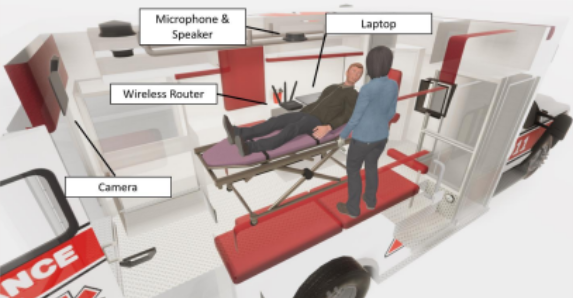

- Healthcare
- User-centered design/experience
- Human-computer interaction
Contact Information: Kapil Chalil Madathil
Graduate Studies
Industrial Engineering at Clemson University is committed to supporting students with a diversity of backgrounds in engineering, math, and other undergraduate degrees. We offer the following high-quality graduate-level programs in Industrial Engineering: M.S. Thesis, M.S. Non-Thesis, MENG, Ph.D. in Industrial Engineering, plus a MENG and a graduate certificate in Systems Engineering. Our degree programs are innovative and challenging, and IE students are given the education and resources to develop groundbreaking studies that impact their community.
Apply | Graduate